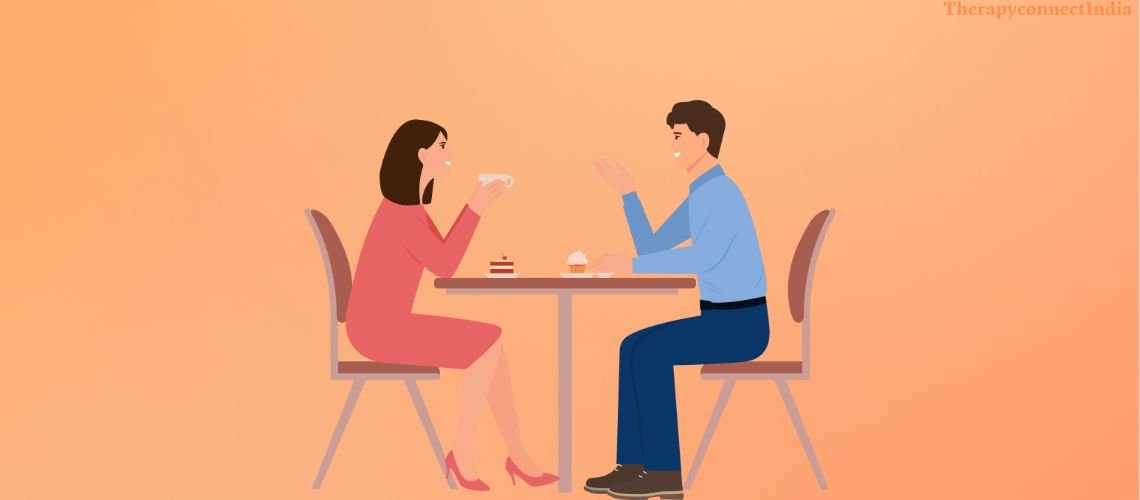The Art of Unplugging: How to Create a Self-Care Ritual in a Hyperconnected World

Do you ever find yourself reaching for your phone the moment you wake up, scrolling mindlessly through notifications before even getting out of bed? In today’s hyperconnected world, taking a break from screens is more crucial than ever. Whether it's scrolling through social media, checking emails, or responding to messages, technology surrounds us. While being connected has its advantages, it can also lead to stress, burnout, and a constant feeling of being overwhelmed. Taking a break from screens and practicing digital detox self-care can help improve mental clarity, boost productivity, and enhance overall well-being.
Constant digital engagement can make it difficult to relax. Notifications, emails, and social media updates keep our minds active even when we try to rest. Over time, this can lead to fatigue, anxiety, and even sleep problems. Practicing mindful unplugging allows the brain to recharge, reduces stress, and helps in creating a more balanced lifestyle.
A study by the American Psychological Association states that constant connectivity increases stress levels. While technology is necessary for work and social interaction, finding time to disconnect is equally important. Websites like Mindful.org provide helpful insights on mindfulness and reducing screen time.


1. Set Boundaries with Technology
One of the easiest ways to start digital detox self-care is by setting limits on screen usage. Designate certain hours when you disconnect from all devices. This could be during meals, before bedtime, or on weekends.
You can also use apps like Freedom to block distracting websites and social media during certain hours. This allows you to focus on self-care without the temptation of notifications.
2. Start Your Day Without Screens
Many people check their phones first thing in the morning, which immediately floods the mind with information and stress. Instead of reaching for your phone, try morning rituals like stretching, meditation, or journaling.
Simple morning habits such as drinking a cup of tea in silence or writing down thoughts can set a calmer tone for the day. Zen Habits shares practical techniques for mindful morning routines.

3. Create a Relaxing Evening Routine
A tech-free ritual before bed can improve sleep quality and relaxation. Instead of watching TV or scrolling through your phone, consider activities like:
Reducing screen exposure an hour before bed can help signal the brain that it’s time to rest, leading to better sleep. The Sleep Foundation provides valuable tips on how reducing screen time can enhance sleep quality.
4. Spend Time in Nature
One of the best ways to practice mindful unplugging is by spending time outdoors. Nature has a calming effect on the mind and helps reduce stress. Whether it’s taking a walk in the park, hiking, or simply sitting outside, being in nature allows you to disconnect from screens and reconnect with yourself.
Studies show that being in green spaces improves mental health and boosts creativity. If you’re looking for ideas, websites like National Geographic provide inspiration for outdoor activities and nature exploration.
5. Engage in Creative Activities
Creativity is a great way to unwind and relax without screens. Activities like painting, journaling, knitting, or playing a musical instrument can help shift focus away from digital distractions. These activities also encourage mindfulness and self-expression.
Many people find that engaging in hands-on activities helps them feel more present and less anxious. The Art of Simple offers ideas on how to integrate creative hobbies into daily life.
6. Practice Mindful Breathing and Meditation

Meditation and mindful breathing exercises are effective ways to slow down and refocus. Taking even five minutes to sit in silence and breathe deeply can help clear the mind.
Apps like Calm and Insight Timer provide guided meditation sessions that can help with relaxation and stress management.
7. Connect with Loved Ones Offline
Instead of spending time on social media, prioritize face-to-face interactions with family and friends. Having meaningful conversations, playing board games, or cooking together can strengthen relationships and create deeper connections.
Practicing digital detox self-care doesn’t mean completely cutting off technology, but rather finding a balance between online and offline interactions.
8. Try a 24-Hour Digital Detox
If you’re feeling overwhelmed by technology, challenge yourself to a full day without screens. Spend the day doing activities like:
Taking a break from screens can reset the mind, improve focus, and enhance overall well-being. For tips on how to successfully do a 24-hour detox, websites like Digital Detox provide practical guidance.

Technology is a valuable part of daily life, but it’s important to maintain balance. Practicing mindful unplugging and creating tech-free rituals can improve mental well-being, increase focus, and help build stronger relationships. Whether it’s setting boundaries with devices, spending time in nature, or engaging in offline activities, small changes can make a big difference.
Taking time to unplug allows you to recharge your mind and body, leading to a healthier and more fulfilling lifestyle. Start with small steps and discover the benefits of a digital detox self-care routine that works for you.